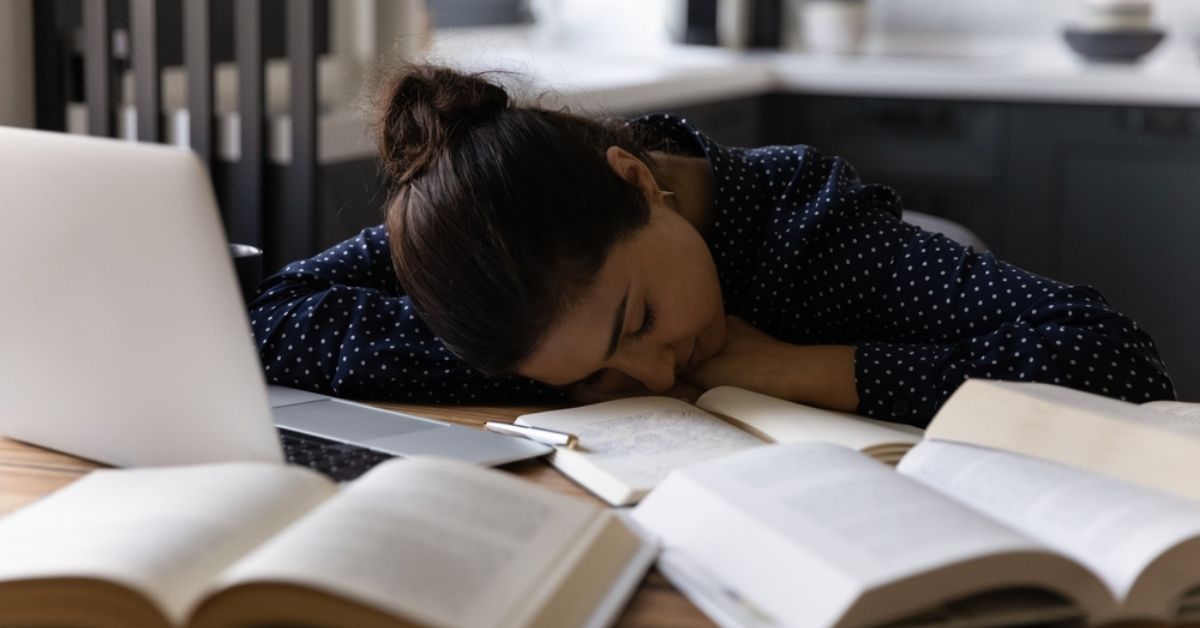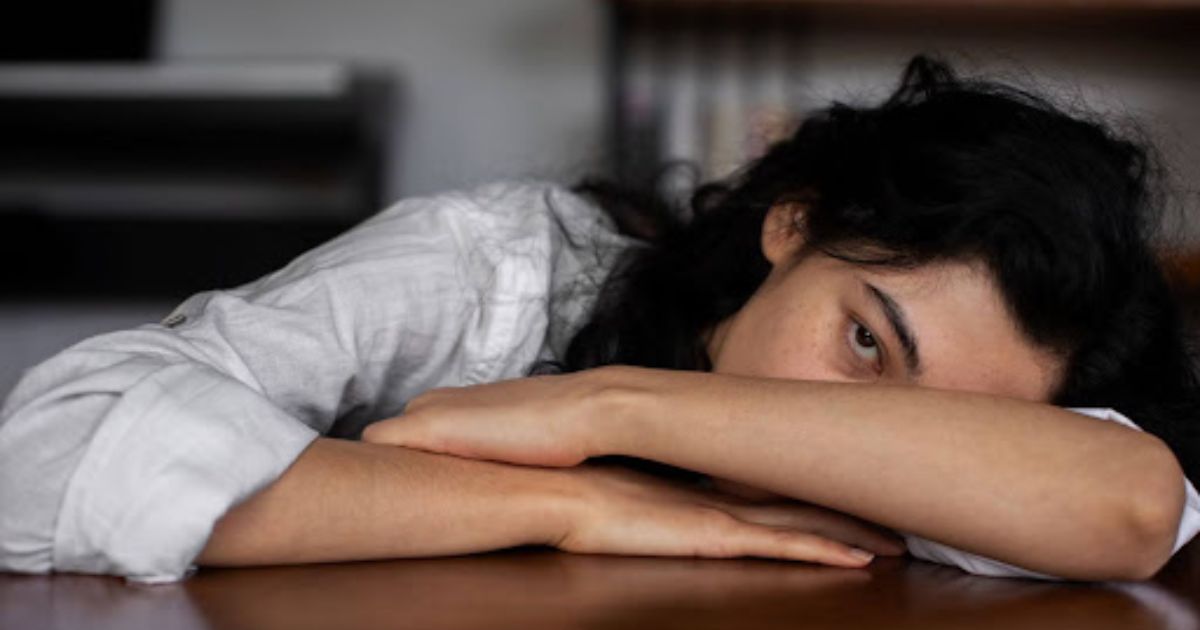Sleep is an important aspect of all college students and without sleep, college students can see a decline in their grades, physical health, mental health, and their overall well-being. Close to 37% of people from the ages of 20-39 report lack of sleep in their lives. College students can either be too stressed, or too busy to get the proper, recommended amount of sleep throughout the night. Sleep doctor of Jacksonville, FL, have given their input on college students and their lack of sleep.
What are the consequences of sleep deprivation?
Not sleeping can cause an array of health issues to arise in an individual. For students, sleeping and getting adequate enough sleep helps their immune systems and bodies reset from a busy day of learning and physical activities. While sleeping, your body is removing any waste and is creating more support for both learning and memory support. Without sleep, students will see a decline in their health, memory, and overall brain function.
When you don’t get enough sleep, there are consequences such as:
- Lowered ability to focus
- Overall well-being is decreased
- Negative feelings increase
- Brian development becomes impaired
With continuous lack of sleep, you are putting yourself at jeopardy of developing heart disease, diabetes, obesity, and high blood pressure. Sleep center Jacksonville, FL recommends that you get between 7-9 hours of sleep each night to avoid any possible health issues.
What are the benefits of sleep?
Sleep matters to everyone, especially children and young adults. Students need to be able to get adequate rest throughout the week to be able to continue to excel in their classes and keep up with their social lives and jobs. By sleeping, students are able to make better grades, have better memory and learning skills, and will see an improvement in their health and mood.
Reasons for lack of sleep in college students
Sleep deprivation is heavily prevalent in college students and studies show that it is not going to slow down any time soon. Listed below are the most common reasons that students are sleep deprived:
- Alcohol
- Energy Drinks and Caffeine
- Technology
- Stimulants
- Sleep Disorders
A strong population of college students has insomnia and it is recommended that students who qualify should seek insomnia treatment.
How to help combat sleep deprivation in students
Many campuses offer resources to students on campus for various things, aside from getting treatment for insomnia or other related sleep disorders, students should strive to help themselves have a good sleep regimen, which can be:
- Limiting time on electronics before bed
- Limit caffeine intake throughout the day
- Avoid napping
- Try to avoid alcohol before bed
- Make a bedtime routine and stick to it
- Have a specific time for decompression before bed






